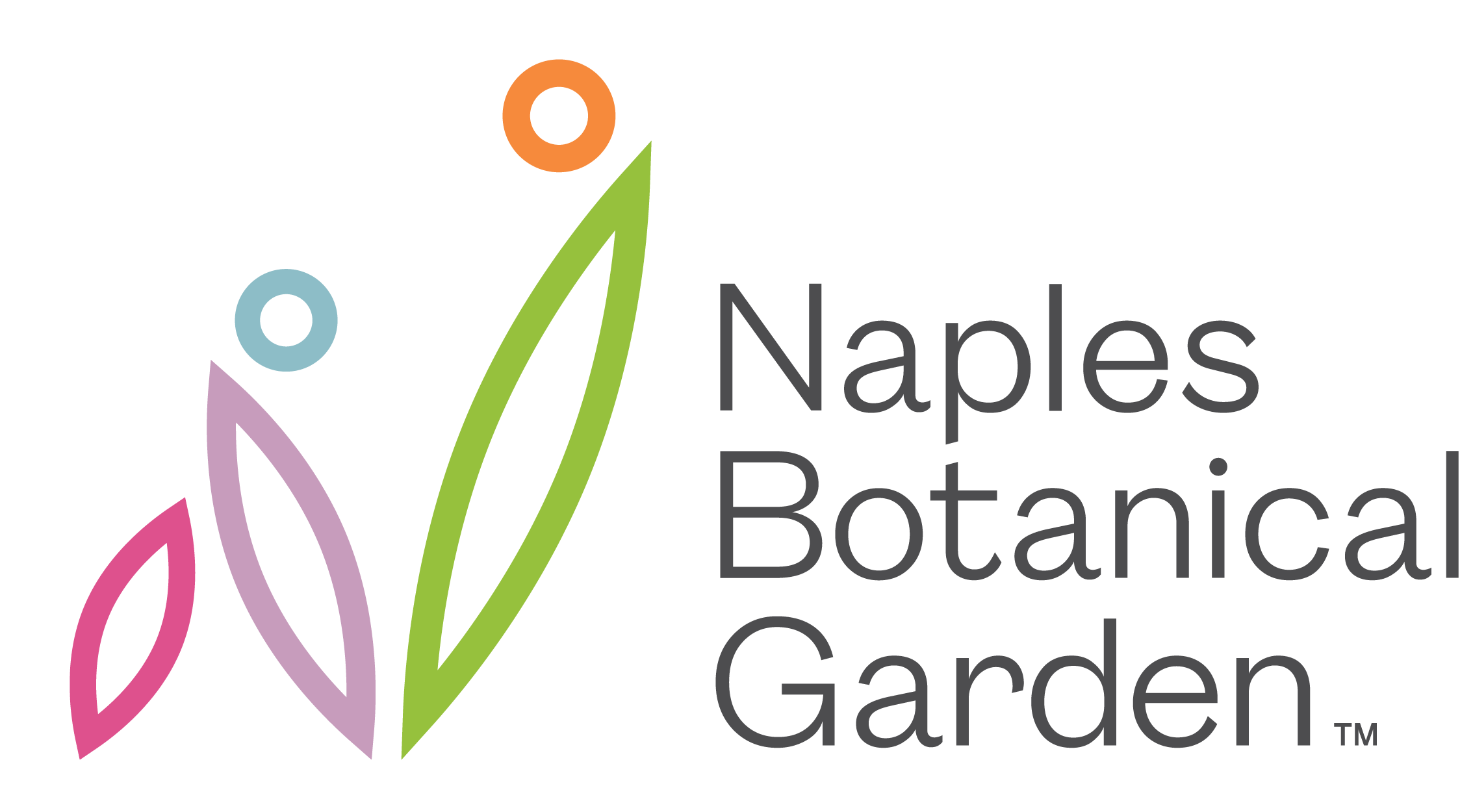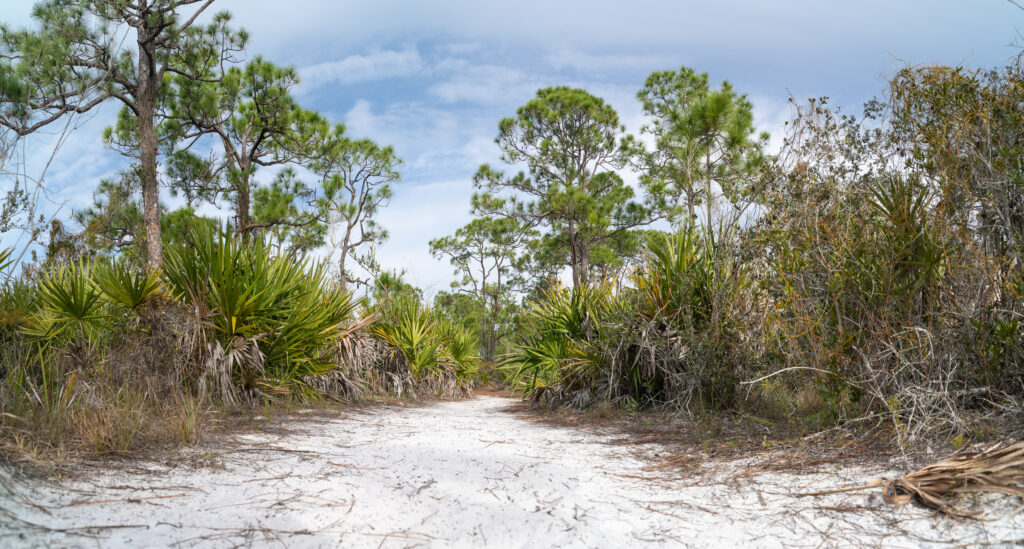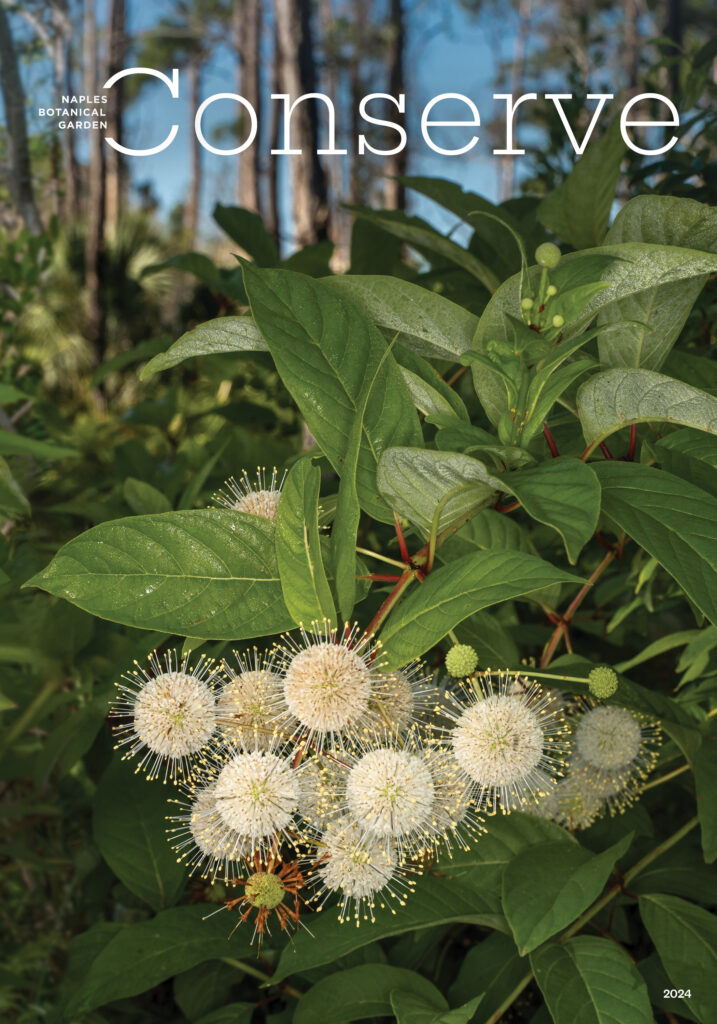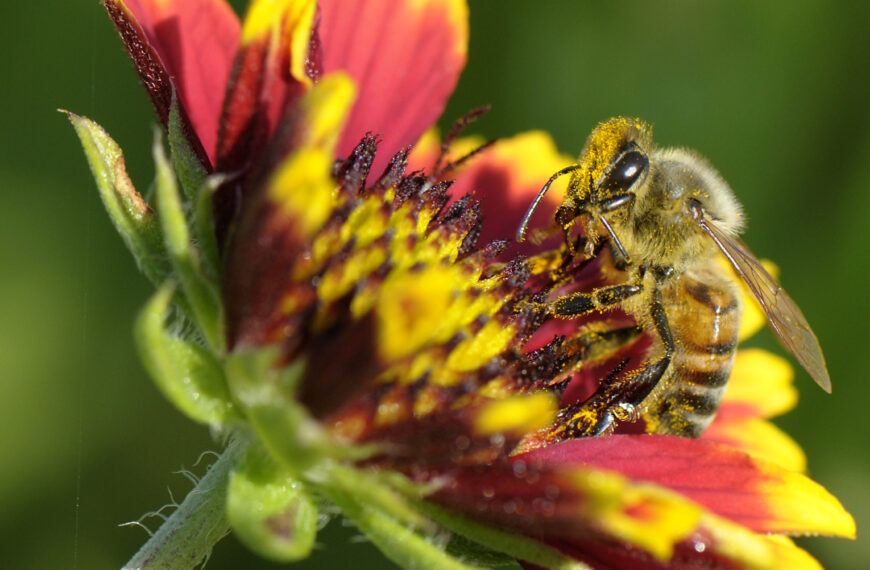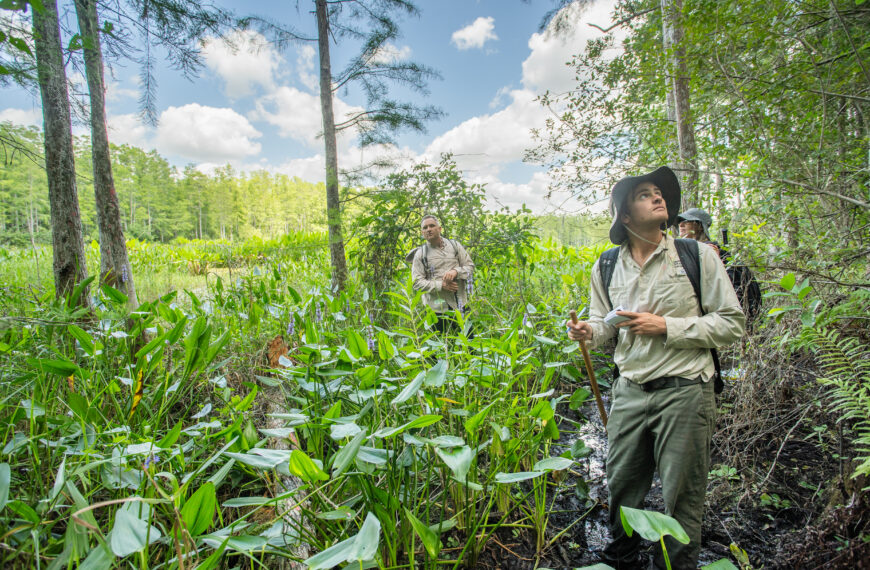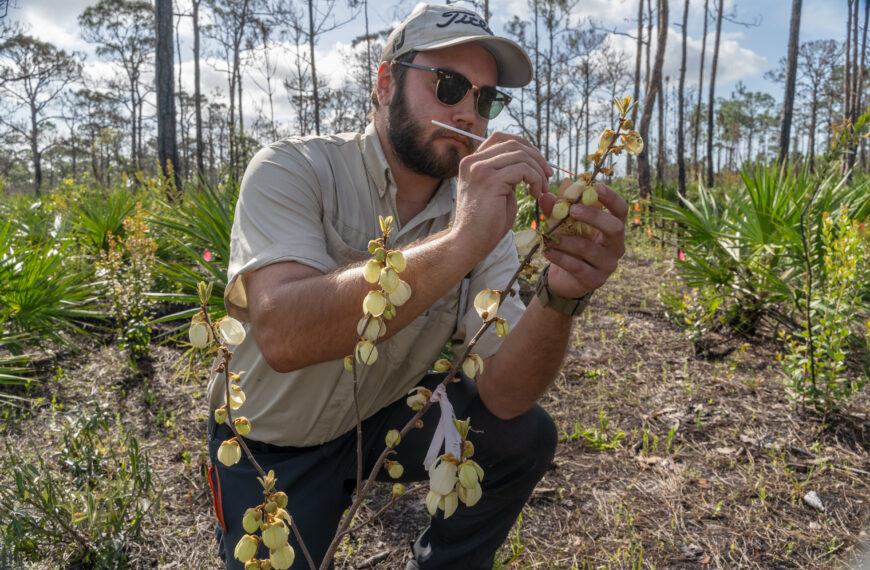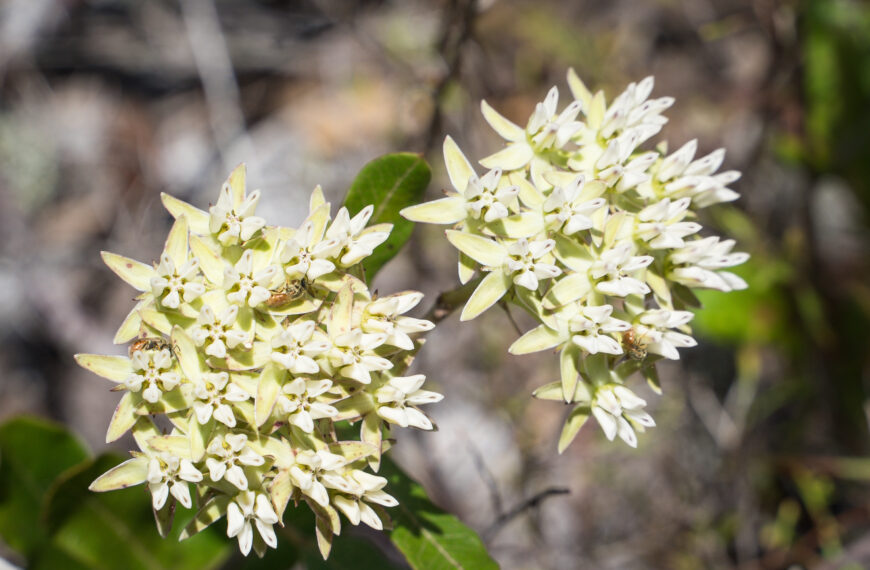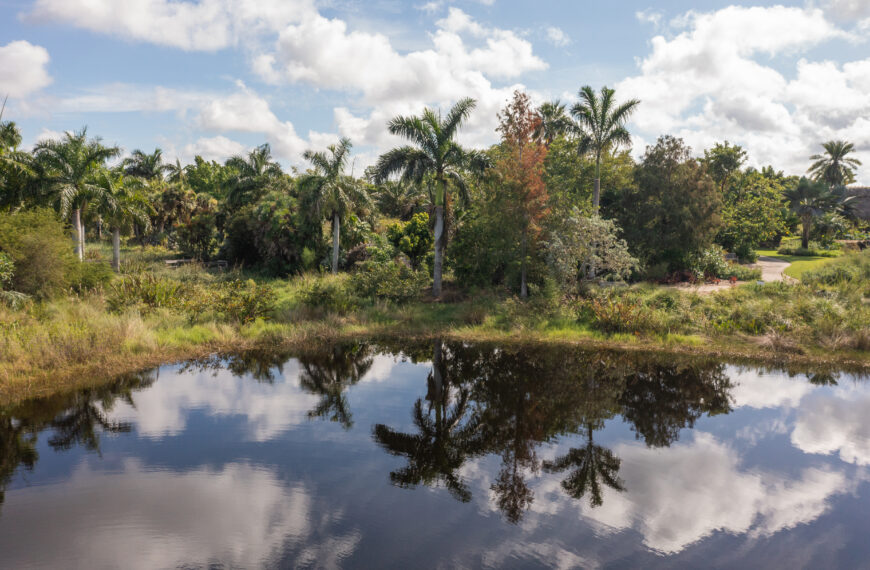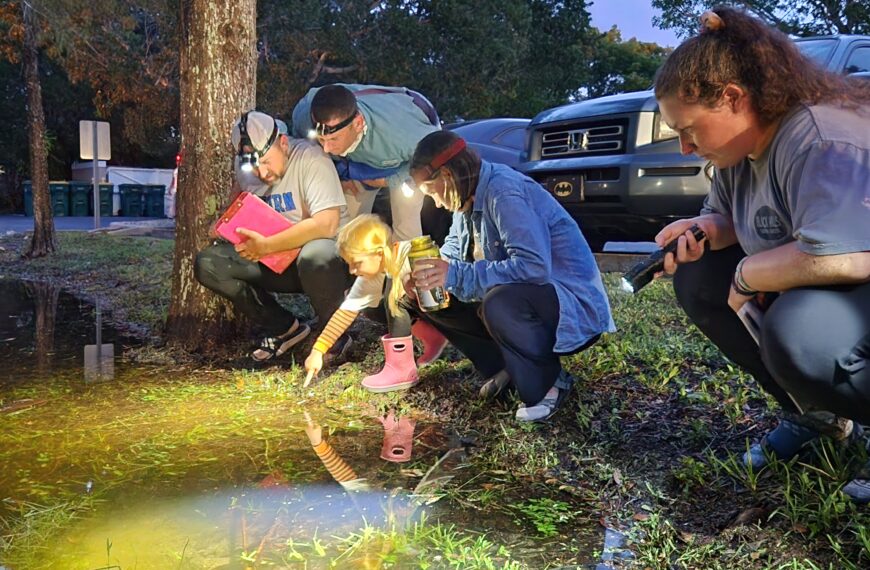You know Naples Botanical Garden as a beautiful space to connect with nature, spend time with loved ones, and celebrate the cultures of the subtropics. But did you know we are also part of a global effort to save plants?
We partner with conservation organizations in Southwest Florida and throughout Latin America and the Caribbean, regions climatically similar to Naples, to identify and conserve threatened plants, conduct research, and share our living collections. We also know that plants hold the key to designing new approaches to environmental and societal challenges. Through the Center for Nature-Based Solutions at Naples Botanical Garden, we harness the power of nature to improve ecosystem health, support biodiversity, improve economic conditions, and enhance human well-being.
Forty percent of the world’s known plant species may be at risk of extinction, according to the Royal Botanic Garden, Kew. We at the Garden insist on acting out of hope, not despair. Visit the links below to find out how we are making a difference in Southwest Florida and beyond.
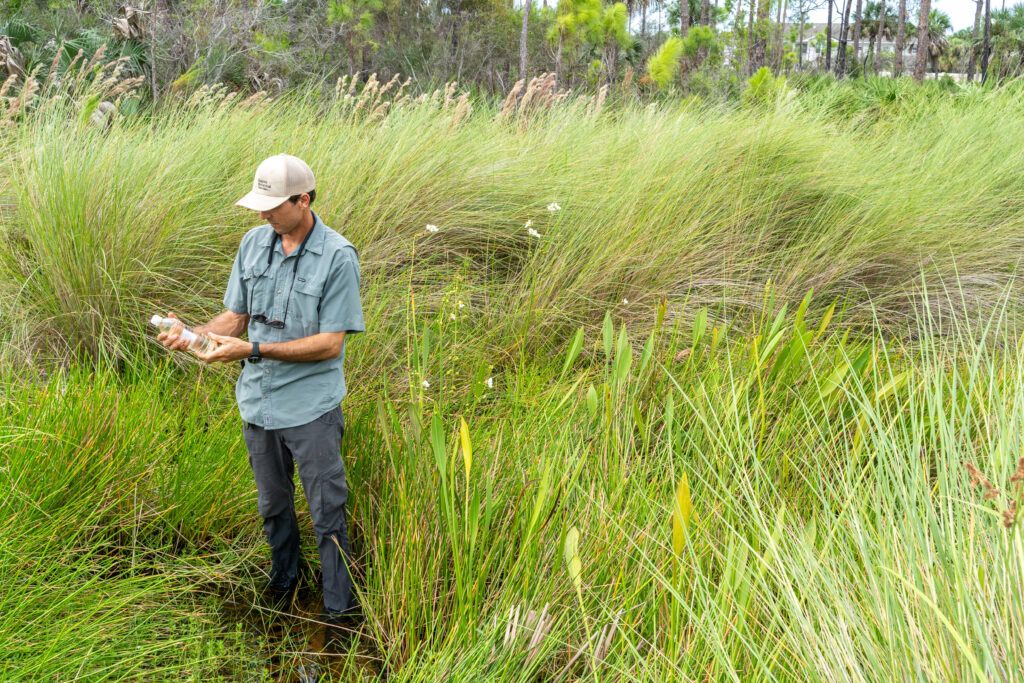
The Center for Nature-Based Solutions
We’re demonstrating how to heal the land and exploring nature-based solutions to environmental challenges.
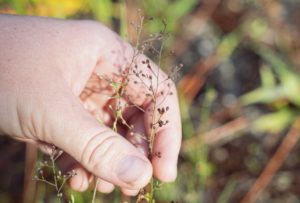
Protecting Wild Plants
The best way to save plants? Take care of the land on which they are found.
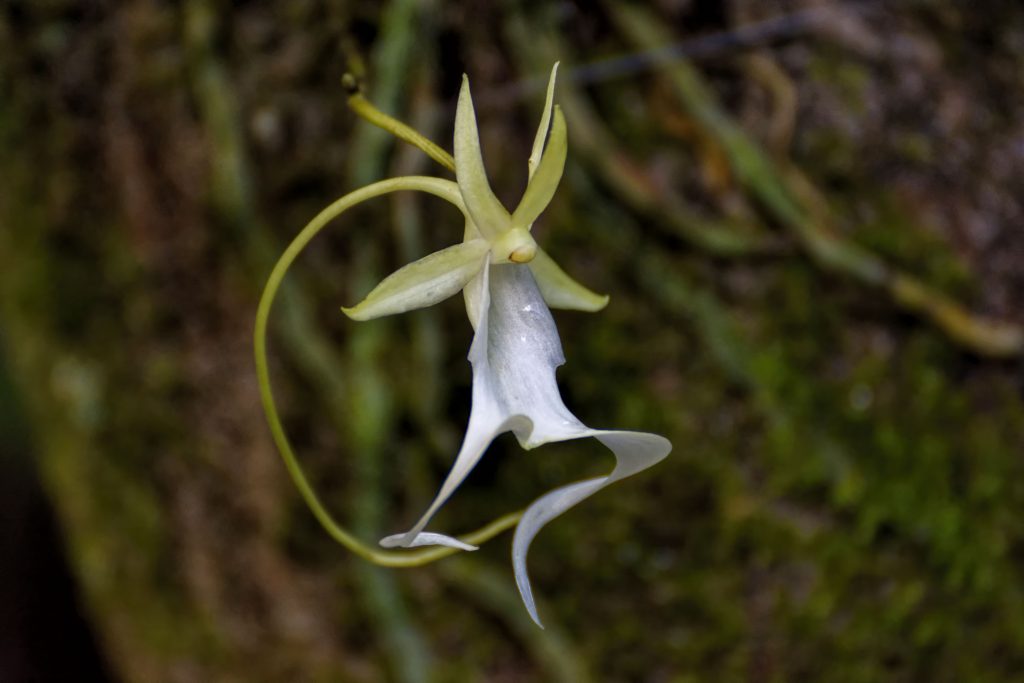
Conservation Collections
Like a museum, library or bank vault, botanical gardens safeguard the world’s plants by collecting them, growing them, displaying them, sharing them, and preserving their genetic material.
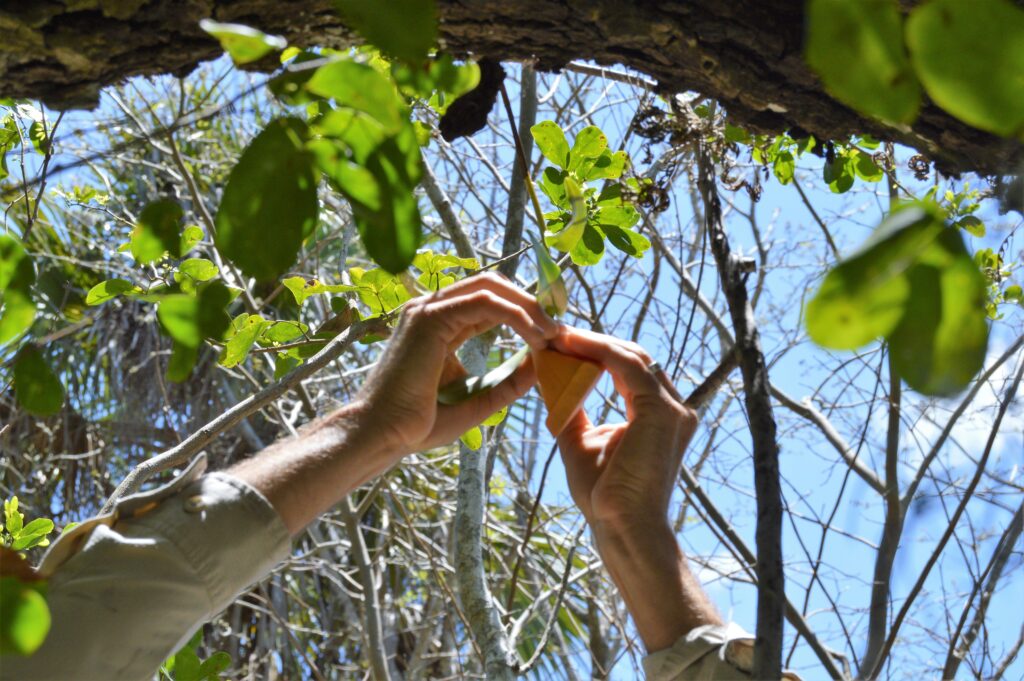
Seed Collecting & Conservation Horticulture
Garden conservationists are amassing the seeds of native plants today in light of an uncertain tomorrow
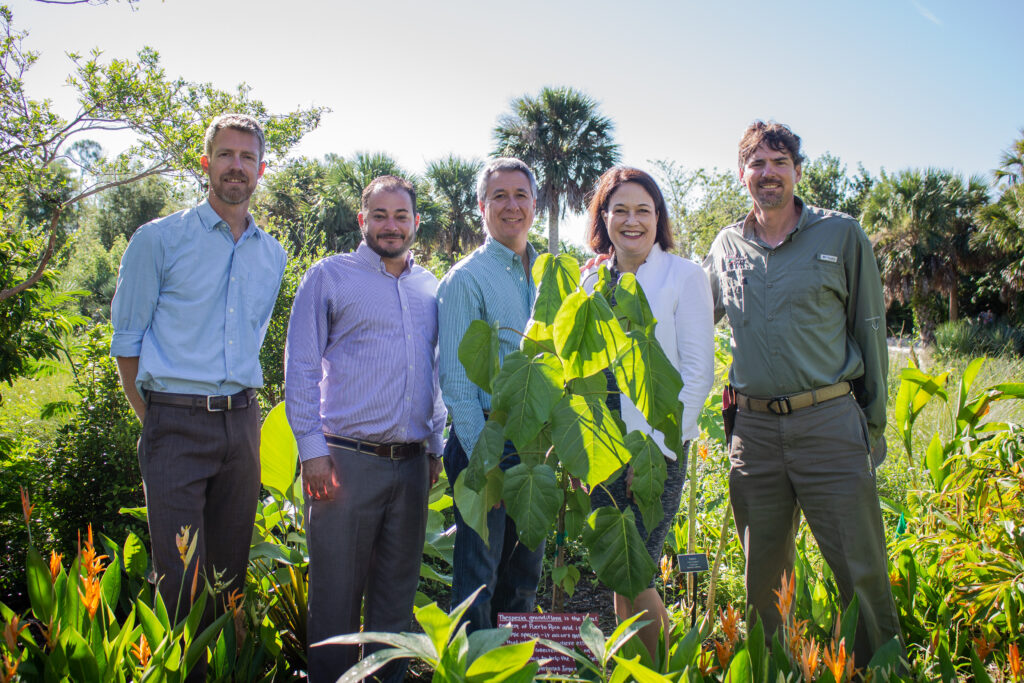
Global Contributions
Naples Botanical Garden and its partners are racing to protect tropical and subtropical plants from threats such as global warming, sea level rise, and habitat loss.
Every Garden admission ticket or membership purchase helps to support the Garden’s conservation efforts.
See how this tropical growing center aids in the Garden’s vast conservation efforts.
Conserve
Learn more about our ongoing conservation work in Conserve, the Garden’s conservation magazine.
